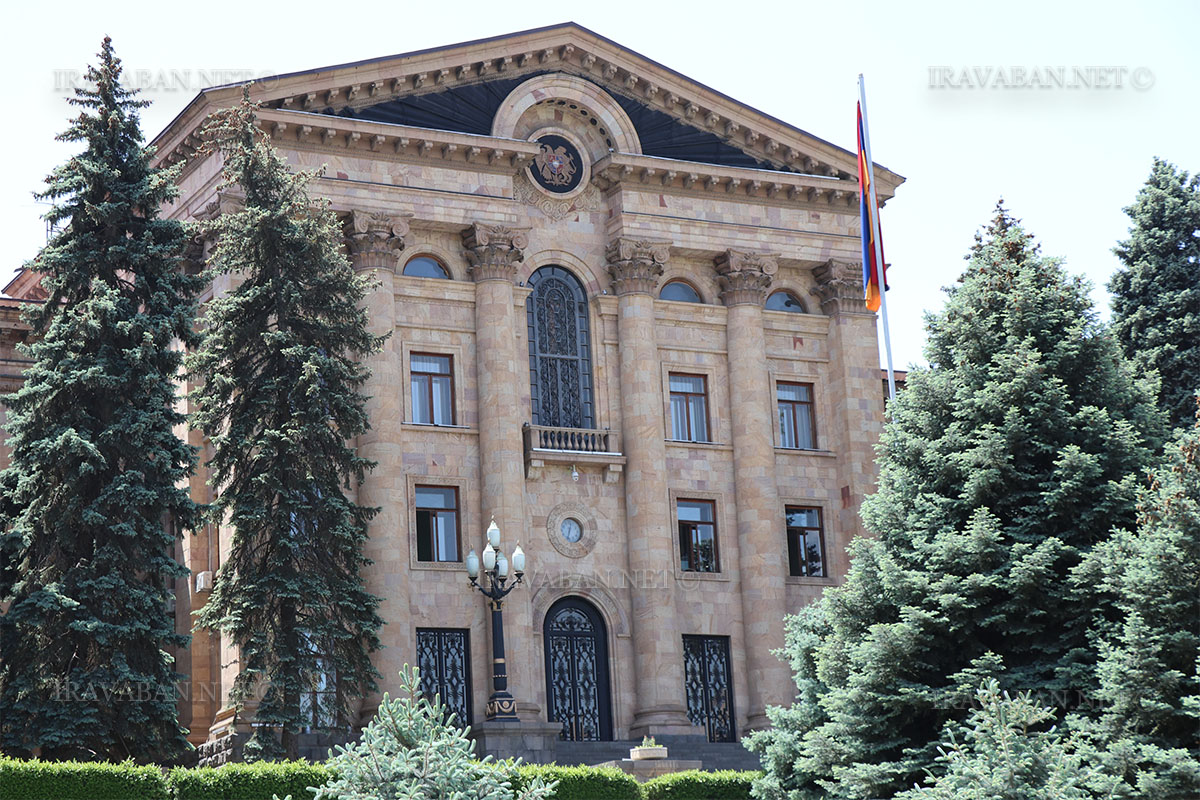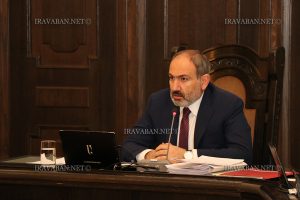Extraordinary elections to the National Assembly took place on 20 June. Many now have the question of when the next elections should be held, within the timeframe set after the extraordinary elections, or after the previous regular elections.
Iravaban.net reports that this is regulated by the Constitution.
Article 90 defines the term of powers of the National Assembly, according to which the National Assembly is elected for a term of five years.
In case of regular elections, the term of powers of the newly-elected National Assembly shall commence at the time of opening the first session of the newly-elected National Assembly convened on the day of expiry of the term of powers of the National Assembly of previous convocation.
In case a newly-elected National Assembly is not formed prior to the expiry of the powers of the existing National Assembly, the term of powers of the existing National Assembly shall expire and the term of powers of the newly-elected National Assembly shall commence after the formation of newly-elected National Assembly, at the time of opening the first session of the newly-elected National Assembly convened on the second Monday.
In case the elections to the National Assembly have been held within the time period prescribed by part 2 of Article 91 of the Constitution due to martial law or state of emergency, the term of powers of the existing National Assembly shall expire and the term of powers of the newly-elected National Assembly shall commence after the formation of the newly-elected National Assembly, at the time of opening the first session of the National Assembly convened on the second Monday.
In case of extraordinary elections, the term of powers of the existing National Assembly shall expire and the term of powers of the newly-elected National Assembly shall commence after the formation of the newly-elected National Assembly, at the time of opening the first session of the National Assembly convened on the second Monday.
The fact of formation of the National Assembly shall be established in accordance with the Electoral Code.
According to Article 91 of the Constitution: Regular elections to the National Assembly shall be held not earlier than sixty and not later than fifty days prior to the expiry of the term of powers of the National Assembly.
Elections to the National Assembly shall not be held during martial law or state of emergency. In this case regular elections to the National Assembly shall be held not earlier than fifty and not later than sixty-five days after the end of martial law or state of emergency.
Extraordinary elections to the National Assembly shall be held after the dissolution of the National Assembly in the cases prescribed by part 3 of Article 149, parts 3 and 4 of Article 151 of the Constitution respectively:
In case Prime Minister is not elected, a new election of Prime Minister shall be held seven days after voting, wherein the candidates for Prime Minister nominated by at least one third of the total number of Deputies shall be entitled to participate. In case Prime Minister is not elected by majority of votes of the total number of Deputies, the National Assembly shall be dissolved by virtue of law.
In case the National Assembly does not approve the Programme of the Government and does not elect a new Prime Minister in accordance with parts 2 and 3 of Article 149 of the Constitution, the National Assembly shall be dissolved by virtue of law. If the National Assembly elects the Prime Minister, yet again does not approve the Programme of the Government, the National Assembly shall be dissolved by virtue of law.
Extraordinary elections to the National Assembly shall be held not earlier than thirty and not later than forty-five days after the dissolution of the National Assembly.
Regular and extraordinary elections to the National Assembly shall be called by the President of the Republic.
All this indicates that the next regular elections to the National Assembly shall take place in 2026.















